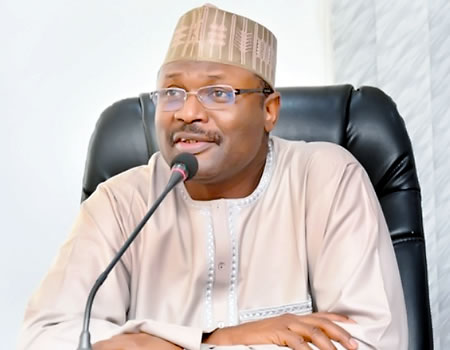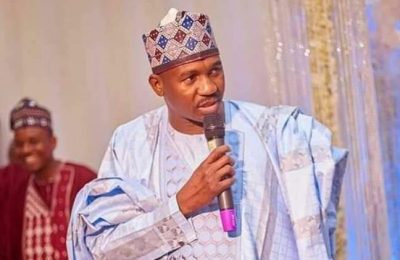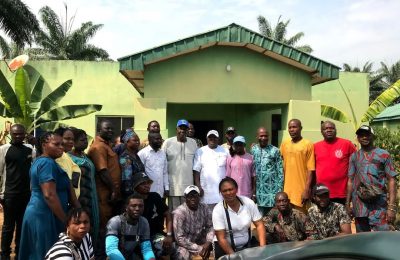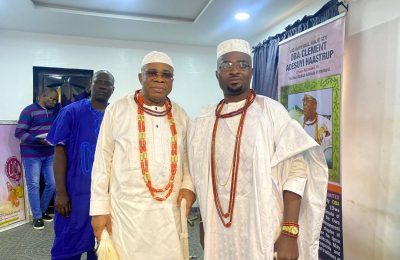

TO convince those who have expressed strong reservations about the functionality of the Bimodal Voters Accreditation System (BVAS), the Independent National Electoral Commission (INEC) is planning to consider mock accreditation of voters ahead of general election.
Chairman of the commission, Professor Mahmood Yakubu, dropped the hint on Tuesday in the United Kingdom, while delivering a lecture, “Nigeria’s 2023 Elections: Preparations and Priorities for Electoral Integrity and Inclusion,” at The Royal Institute of International Af- fairs (Chatham House).

Yakubu, who said the commission has taken delivery of the entire BVAS for the election, said the mock accreditation is necessary, to ascertain the functioning of the items for the actual election.
He said: “On January 4, 2023, we received the final batch of the BVAS to be used for the election. That puts us on course to perform functional and integrity tests on every BVAS to be deployed for the election, which has been concluded in many states nationwide.
“In addition, we plan to conduct a series of mock trials of the BVAS with actual voters in real-time in parts of the country to further ascertain their functioning in actual election situations. Other sensitive materials, such as the ballots and result forms, are being printed.
“The commission is progressively taking delivery of them and deploying them to location across the country. Logistics has often been a major Achilles heel of elec- tions in Nigeria.
We are determined to solve the challenge. We have established a
Logistics Management System, which uses an An- droid application and webdashboard to track election materials from procurement through storage to delivery.”
The INEC chairman who admitted that security threats across states in the country are real and inim- ical to the conduct of the election, however, said the commission is determined to surmount them.
Yakubu painted a picture of unsavoury security challenge ocassioned by Boko Haram insurgency and banditry in the North-West and North-East, the Niger Delta militants for increased share in oil revenue in the South- South and the separatist movement, the Indigenous People of Biafra (IPOB), in South-East, but assured the international community of sustained interface and collaboration between his commission and security agencies to surmount the challenges and achieve a seamless conduct of the electoral process.
Professor Yakubu also identified continuous attacks on the commission’s facilities across the country as another growing threat but allayed the fears of his hosts as he noted that such facilities are being rebuilt and affected election materials replaced.
Giving further highlights on the eligible voters for the forthcoming election put at 93,469,008, he revealed that youths and people of middle ages would account for 70 percent of the voting population.
He also said a presidential run-off is a possibility after voters cast their ballot on February 25 for their preferred candidates.
He, however, said INEC is prepared to handle a presi- dential run-off should in case no winner emerge after the presidential poll.
He said INEC had always prepared for the possibility of a presidential run-off in the last three elections, add- ing that this year’s presidential election would not be an exception.








